News
Launched in 1999 and updated regularly, Statewatch News includes our own reporting and writing as well as articles, announcements, documents and analyses from elsewhere on civil liberties, EU policies and state practices. You can receive updates in your inbox by signing up to our mailing list, or use our RSS feed to get instant alerts.

France, Germany and the Netherlands push for EU-wide "tracking and bugging of vehicles"
Germany, France and the Netherlands are advocating for a reform of the European Investigation Order (EIO) to simplify cross-border surveillance of vehicles. A joint non-paper sent to other EU member states aims to amend the 2014 law to enhance cross-border surveillance cooperation. The reform would allow police to continue using GPS trackers and bugging devices on vehicles when they travel into other EU member states, without requiring additional legal approval in each country.
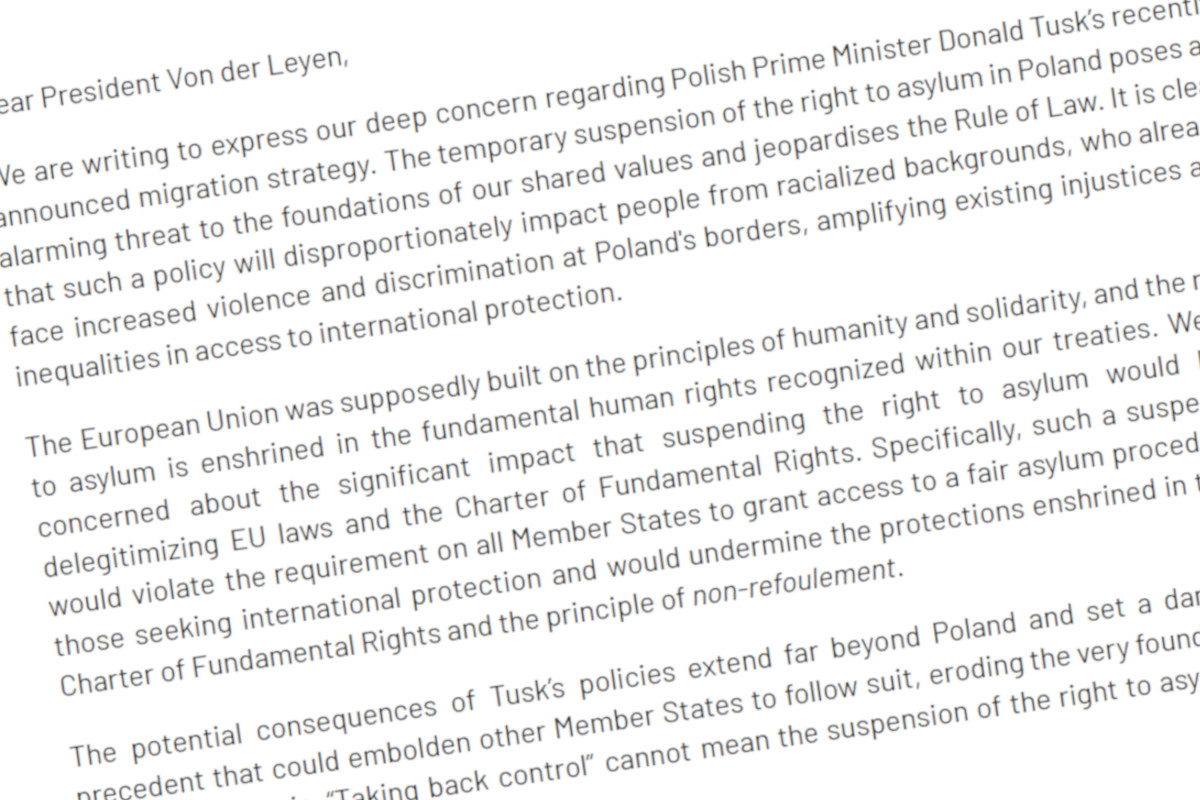
European Commission must take a "decisive and unequivocal stand against" Poland's suspension of asylum
More than sixty organizations, including Statewatch, and 10 MEPs, have signed a letter to the European Commission demanding a "decisive and unequivocal stand against" the Polish government's decision to suspend the right to seek asylum. The country's prime minister, Donald Tusk, announced the plan last month in response to people arriving across the Polish-Belarussian border.
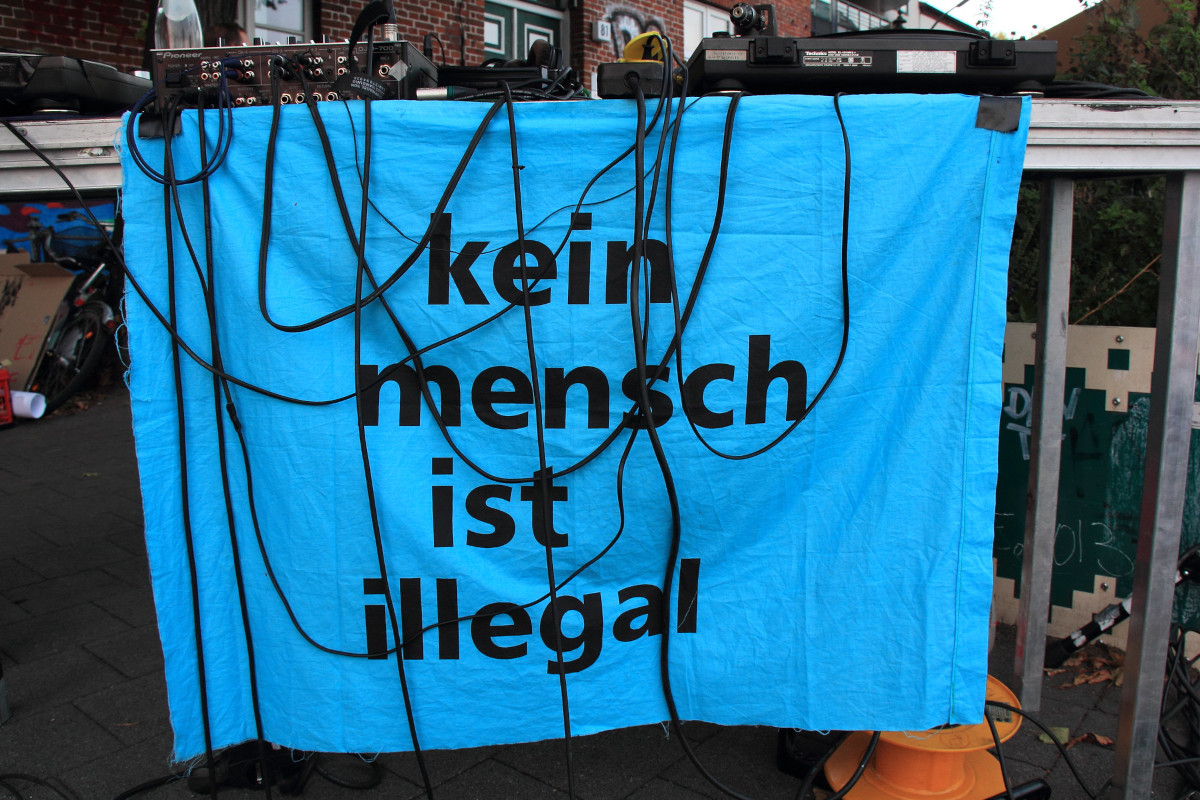
Open letter condemns "illegal, immoral, and unworkable" immigration and asylum policies
A letter to EU leaders backed by 200 organisations and individuals, including Statewatch, condemns the renewed "violent, punitive and immoral turn in European migration politics." This turn can be seen in recent proposals to suspend the right to asylum, introduce offshore deportation camps, and create new common lists of "safe" countries, says the letter. "Rather than orient policies toward safety, protection and social provision for all, European leaders have settled for a politics of securitisation, criminalisation, and violence," it says. The letter goes on to make proposals for "human rights, toward economic well being, safety and community care, and invest in long-term solutions to address climate degradation, conflict, and economic decline."
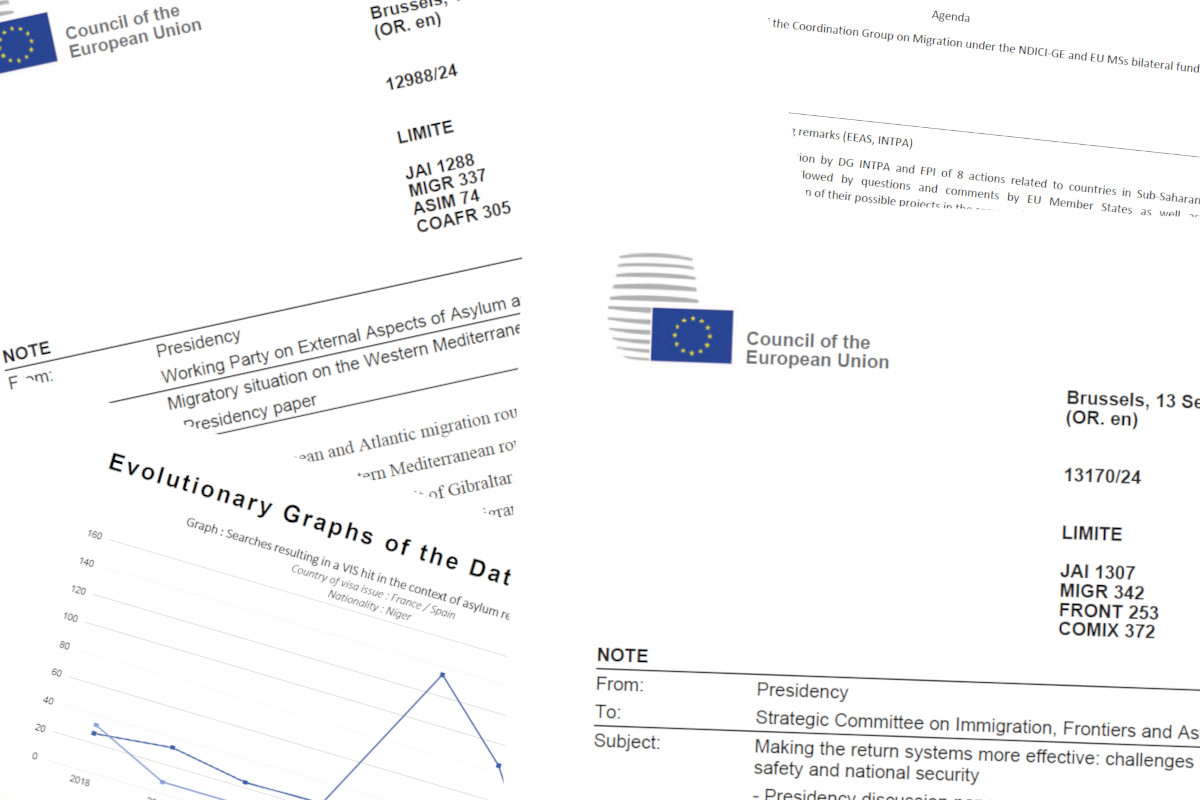
New externalisation bulletin: Sudan, North Africa, dozens of official documents
The latest edition of the bulletin Outsourcing borders: Monitoring EU externalisation policy is now available, featuring analyses on the EU’s position with regard to refugees fleeing the war in Sudan, the EU’s ongoing support for authoritarian and violent regimes in North Africa, and the release of dozens of previously-unavailable official documents.
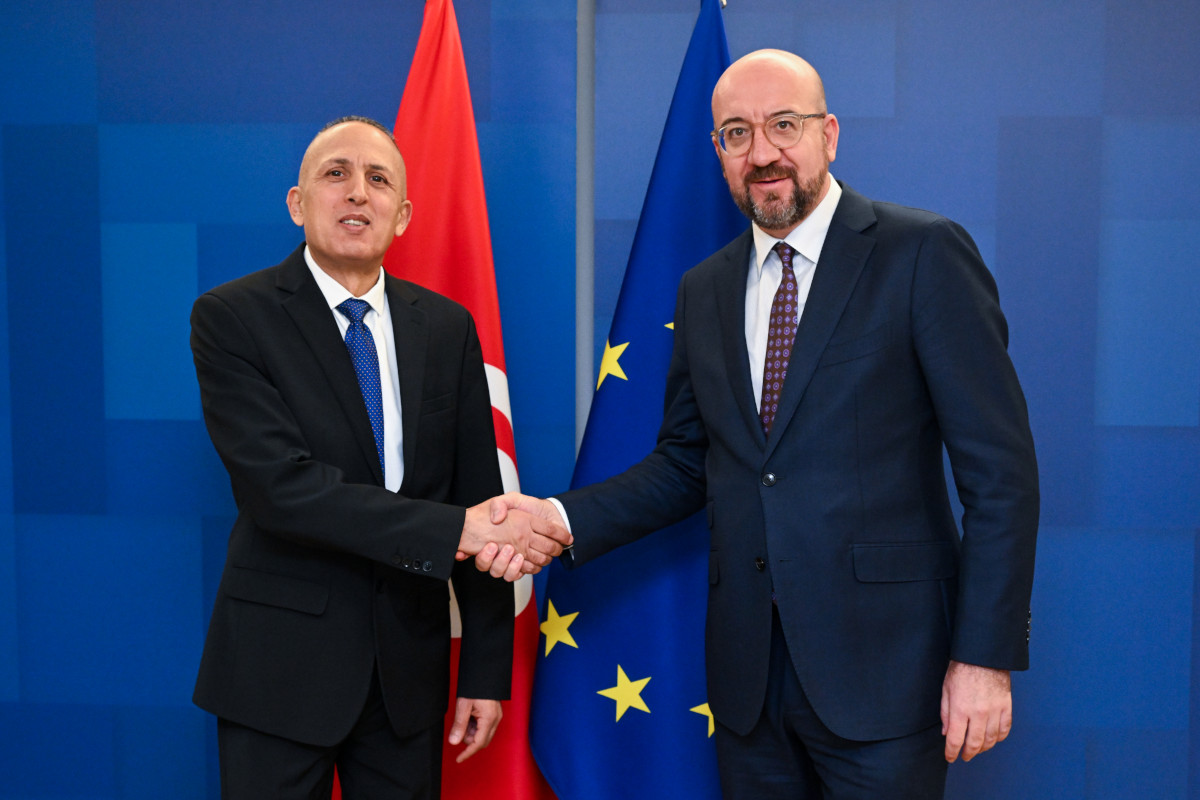
European support for human rights violations in Tunisia "must end"
"European policies to externalize border management to Tunisia are supporting security authorities who are committing serious violations" of human rights, says a joint statement signed by dozens of organisations from Europe, North Africa and beyond, including Statewatch. The statement calls on the EU and its member states to demand that Tunisian authorities respect human rights, end their crackdown on civil society organisations, ensure that people rescued at sea are not disembarked in Tunisia, and to end their financial and technical support to Tunisian security authorities.

EU: Hungarian Council presidency takes aim at refugees and asylum-seekers
In a move that is unlikely to surprise anyone, the Hungarian Council Presidency has kicked off discussions on reviewing the status of international protection beneficiaries, and how member states deal with individuals whose asylum applications have been refused, but who cannot be deported.

EU: Definition of “potential terrorists” opens door to broad information-sharing
EU member states can now collect and share information on “potential terrorists”. This category is based on a new informal definition that was agreed with no democratic scrutiny. While claiming to target those who may engage in political violence, there is potential for far broader application.

European data protection authorities urged to take action on new cybercrime convention
A letter signed by Statewatch and a number of other organisations calls for the European Data Protection Board to issue an opinion on the new UN Convention on Cybercrime, due to the "serious risks" it poses to human rights. Those risks include provisions that would empower national authorities to obtain access to encrypted communications and force communications service providers to retain large amounts of user data.
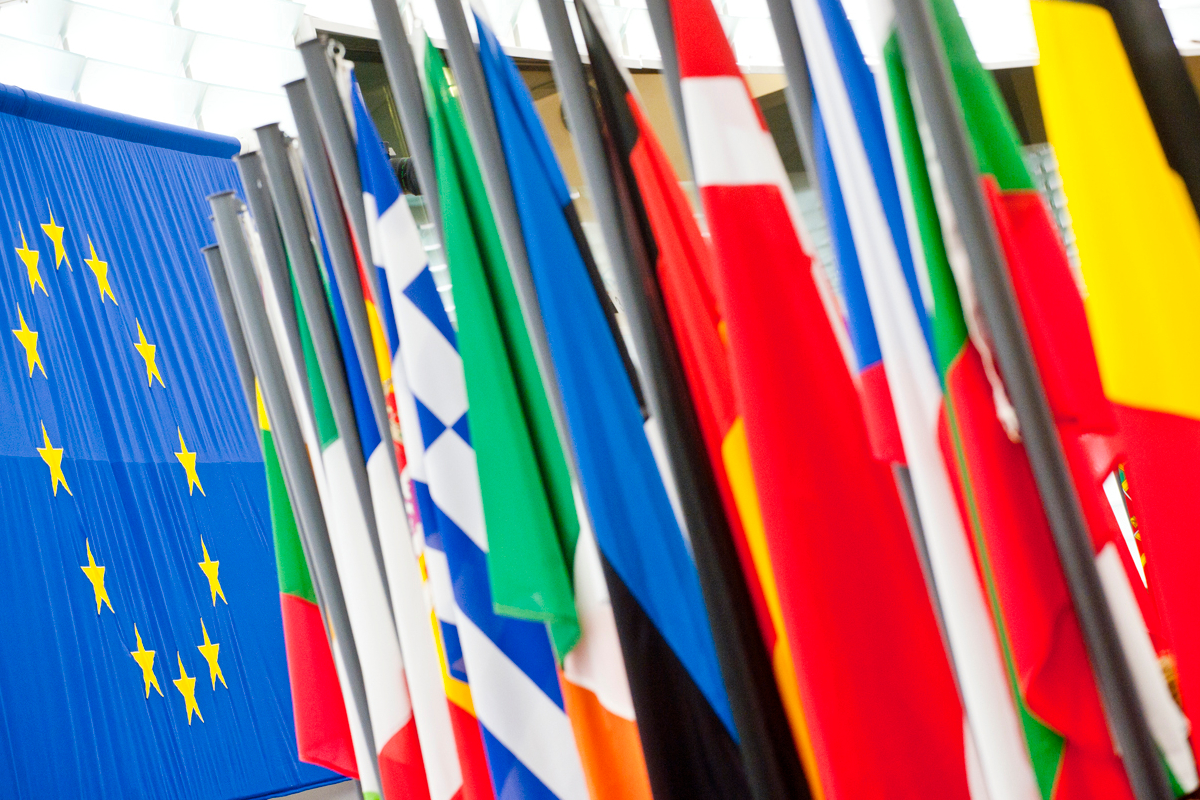
Increased number of EU laws face scrutiny from internal security officials
Security issues need to be considered in all EU policies, say draft "strategic guidelines in the field of Justice and Home Affairs" obtained by Statewatch. The guidelines will be adopted by the European Council to guide law and policy-making between 2024 and 2029. They also call for "adequate EU funds" to ensure implementation of the Pact on Migration and Asylum, the expansion and interconnection of policing and migration databases, and for other issues such as plans to increase deportations.

Call to suspend EU-Israel agreement over violations of Palestinian rights
Statewatch is one of 160 organisations that are calling for the suspension of the EU-Israel Association Agreement due to ongoing human rights violations in Occupied Palestinian Territory. The Association Agreement is conditional upon "respect for human rights and democratic principles" by both the EU and Israel, says a statement published today by the organisations. It calls for suspension of the Agreement "until the EU is confident that nothing in its relations with Israel contributes in any way - political, financial, military, technical, trade, anything - to the continuation of the occupation and of the denial of the rights of the Palestinian people."

German police recommend “intensive” social media investigations into visa applicants
In a document obtained by Statewatch, the German police call for “intensive use” of open source research on visa applicants. The document, a handbook on Schengen visa fraud, also recommends developing “risk profiles”. This would use criteria such as “gender, age, groups of persons, origin, itinerary” to assess applicants’ risk of committing visa fraud.
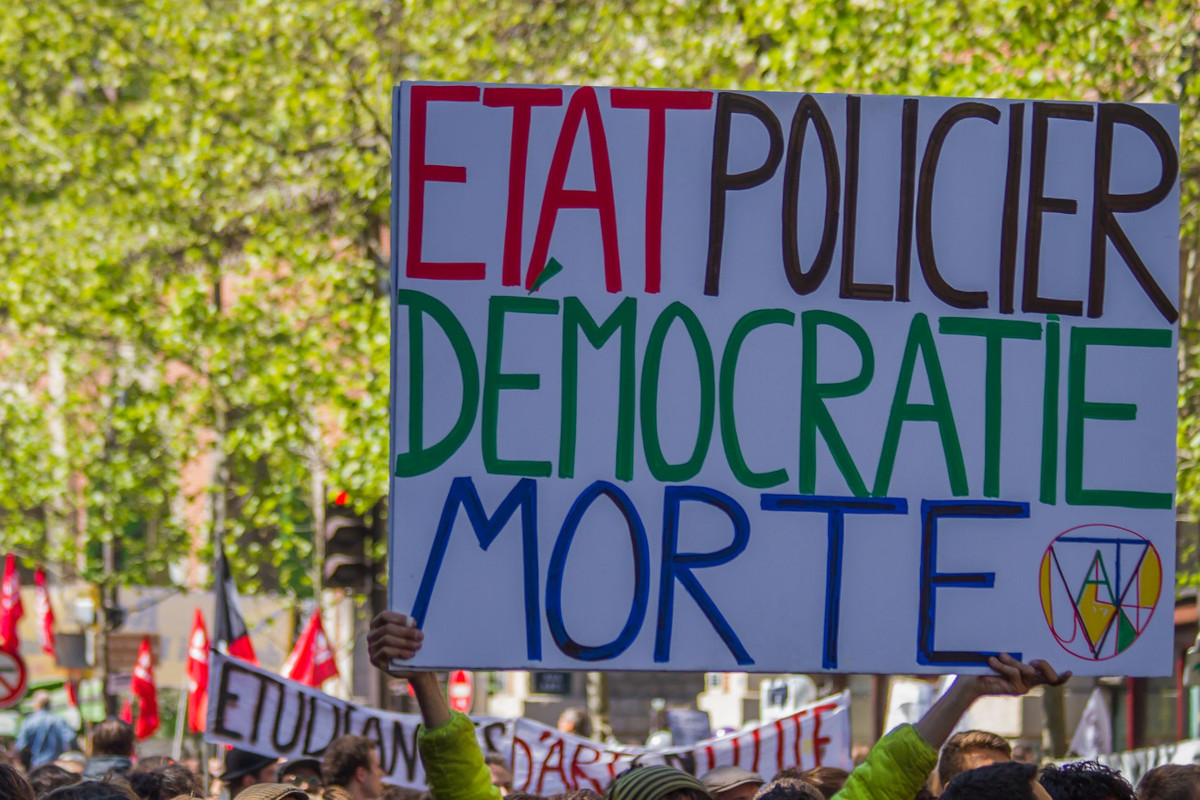
Hundreds of groups call on EU to uphold civic space, rights and democracy
An open letter signed by more than 400 organisations from across Europe, including Statewatch, calls on the EU institutions to "prioritise actions that foster a vibrant civic space, uphold democracy, and safeguard fundamental rights" over the next five years. At a time of constant attacks upon rights and freedoms - which the letter notes "threaten the very foundation of democracy" - the signatories call on the EU needs to take meaningful steps to address the problems. These include the adoption of a European Civil Society Strategy, appointing a Commission vice-president for "democracy, civic space and dialogue with civil society," and ensuring "permanent, structured, and meaningful interaction between institutions and organised civil society."

Frontex flights and fatalities in the Channel
Following the Channel shipwreck in November 2021, when at least 31 people drowned while French and British coastguards ignored their calls for help and failed to coordinate a search and rescue operation, European ministers met in Calais for crisis talks. Their response: have Frontex deploy an aircraft to “fly day and night to help the French, Dutch and Belgian Police” monitor the coastline for crossings. The French interior minister, Gérald Darmanin, said at the time: “We cannot accept that any more people die.”
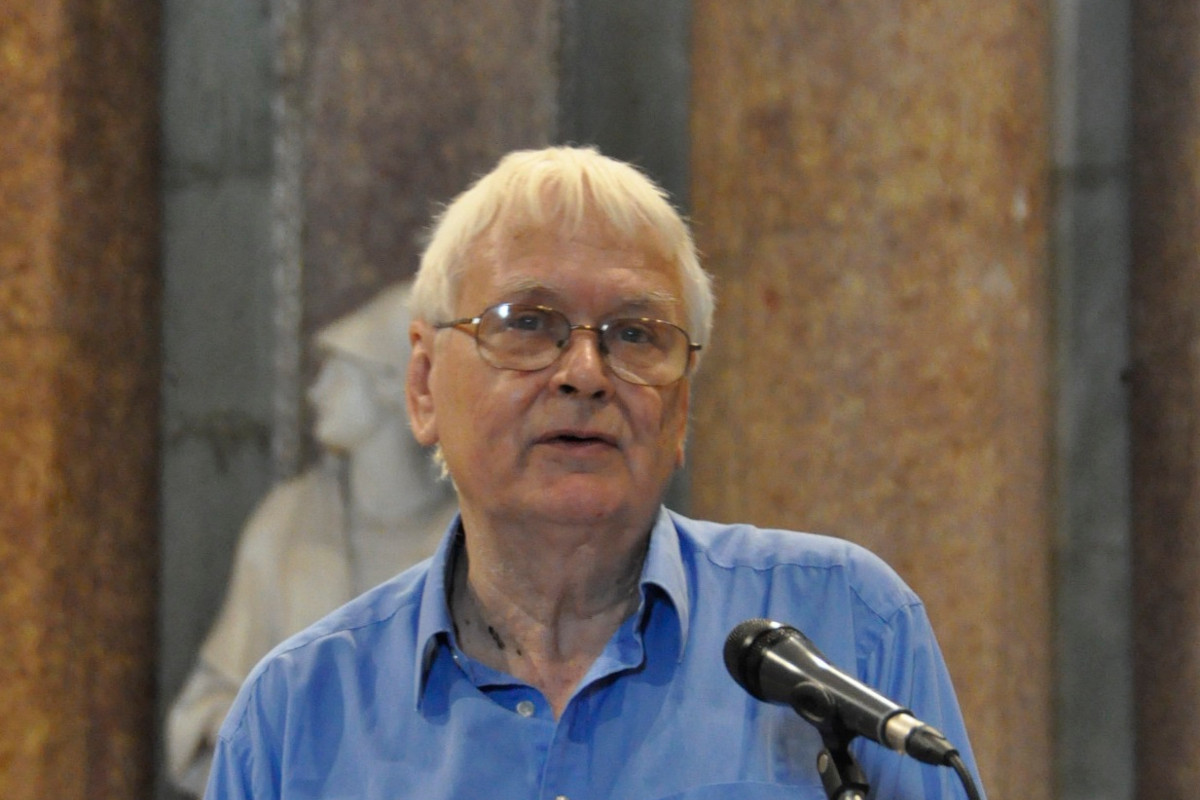
Tony Bunyan, 1941-2024
Tony Bunyan, Statewatch's founder, Director (1991-2020) and Director Emeritus (2020-24), passed away on Monday 9 September. He was a trailblazing figure in the defence of civil liberties and human rights across Europe, leaving behind a legacy of tireless work and advocacy through his leadership at Statewatch, the organisation he founded in 1991 - as well as at The Shape of Things to Come library and archive (run by the Tony Bunyan Foundation) since 2018. He was an accomplished investigative journalist whose commitment to exposing the abuse of civil liberties ran throughout the entirety of his life.

Implementing the Pact: Commission calls for accelerated deportation procedures
The Commission has called on EU institutions and member states to ramp up efforts to prepare for the deportations that will result from the new “return border procedure” introduced by the Pact on Migration and Asylum. The proposals come in a classified report obtained by Statewatch, which assesses non-EU states’ level of cooperation with removals from the bloc.

New EU-US agreement for “systematic exchange” of personal data under consideration
US authorities are demanding direct access to EU member state databases for “routine traveller screening” in return for ongoing visa-free travel to the US. The demands fall outside the scope of existing EU-US agreements on the exchange of personal data. The Belgian Presidency of the Council of the EU suggested a new international treaty may be needed to facilitate the transfers – but also questioned whether the data exchange proposed by the US “is even possible under the EU-legislation.”

EU watchdog intervention forces Frontex to improve transparency
Despite its reluctance to reform, the EU border agency improved its freedom of information processes after an intervention from the EU Ombudsman.
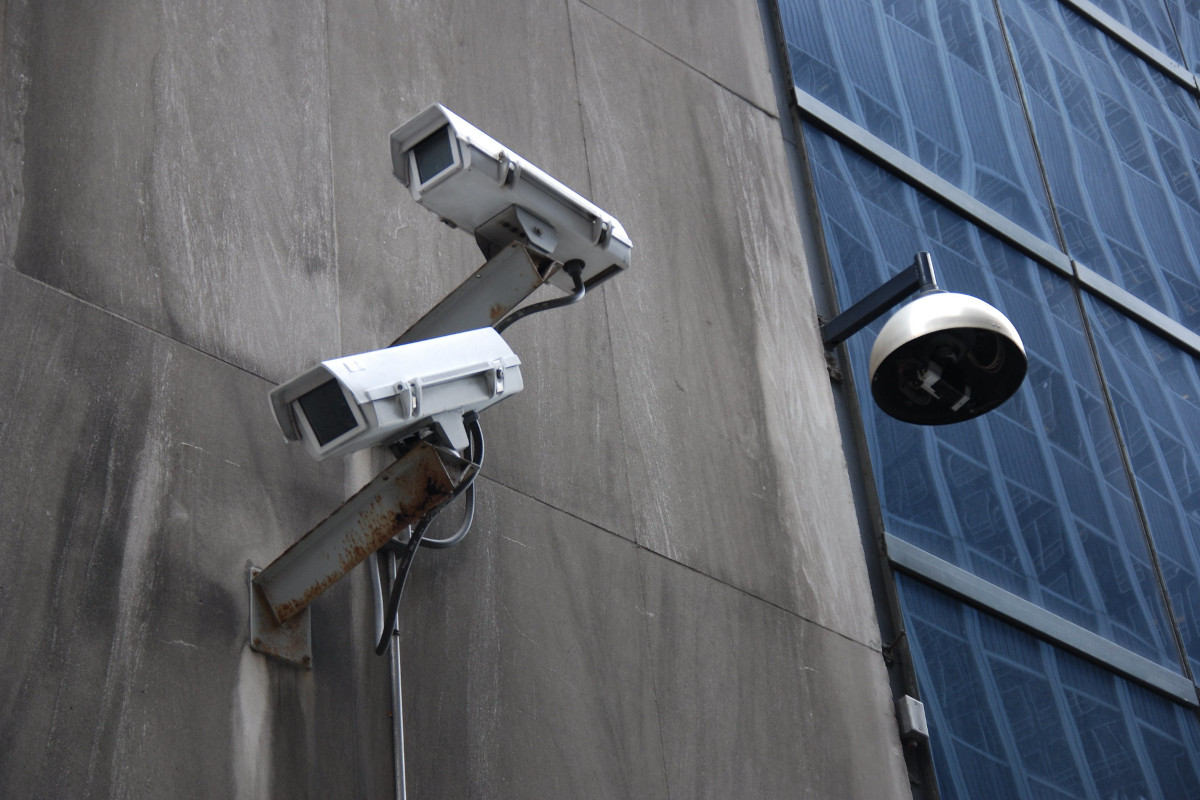
UK: Racist violence does not justify proposed expansion of police surveillance technology
Following the racist pogroms that broke out across England at the end of July and beginning of August, the prime minister, Keir Starmer, announced a range of new policing measures - including a proposal for "wider deployment of facial recognition technology." A letter signed by more than two dozen organisations, including Statewatch, says that an expansion of live facial recognition "would make our country an outlier in the democratic world" and calls for the plan to be dropped.

UK artificial intelligence rules must protect rights, prevent worsening of structural power imbalances
A letter from the #SafetyNotSurveillance coalition, of which Statewatch is a member, calls on the new Labour government to "protect people's rights and prevent uses of AI which exacerbate structural power imbalances." The government has announced that it will establishment legislation on AI, and the letter calls for that law to prohibit predictive policing and biometric surveillance, and to ensure sufficient safeguards, transparency and accountability for all other uses of AI technologies.

UK: Call for "serious, meaningful protection" from police facial recognition technology
The UK's new Labour government must ensure "proper regulation of biometric surveillance in the UK," says a letter signed by nine human rights, racial justice and civil liberties groups, including Statewatch. "No laws in the UK mention facial recognition, and the use of this technology has never even been debated by MPs," the letter highlights. It calls on the new home secretary, Yvette Cooper, and the science, technology and innovation minister, Peter Kyle, to meet the signatory groups "to discuss the need to take action and learn from our European partners in regulating the use of biometric surveillance in the UK more broadly." A separate letter to Scotland's cabinet secretary for justice and home affairs raises similar points, and calls on the Scottish government "to stop the proposed use of live facial recognition surveillance by Police Scotland."
Spotted an error? If you've spotted a problem with this page, just click once to let us know.